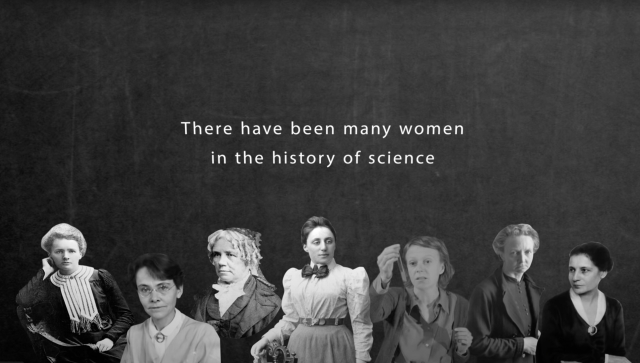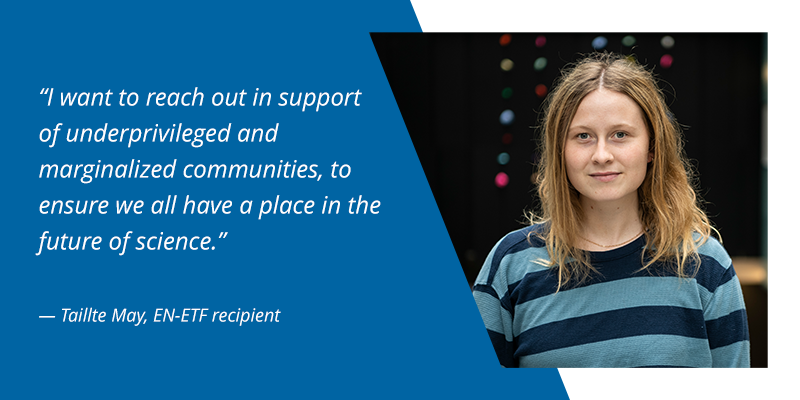In her native Ireland, Taillte May’s father is a sculptor, her mother a film director and her brother a musician.
For May, it was her love of reading that became pronounced at the age of nine, when she was diagnosed with type 1 diabetes and learning to adapt to a complex insulin routine. “I was interested in philosophy, the origins of the universe and the nature of reality,” she says.
Those interests led her to Perimeter Institute, where she is now a PhD student in the field of strong gravity research.
As an undergraduate student at Trinity College, Dublin, May was a top student and won the Trinity College Gold Medal upon graduation.
Noticing the small number of women in her physics classes, she also became a leader in encouraging other young women to pursue their interests in the science, technology, engineering and mathematics (STEM) fields. She started the organization Trinity Women in STEM, a group that organized talks for students and faculty.
“I was not satisfied simply to prove women’s potential through my own academic excellence. I wanted to offer practical leadership to other women. I wanted to start conversations where men felt invited, and minds might be changed.”
May was also one of the few undergraduate teaching assistants tutoring other students in linear algebra and quantum mechanics.
When she was deciding where to do her master’s degree, she considered Oxford but instead chose the Perimeter Scholars International (PSI) program, in part because she was attracted to Perimeter’s collaborative, welcoming atmosphere.
Sadly, in 2020, the global Covid-19 pandemic pushed all the classes online, and students around the world were forced to study from home. May rejoiced when she finally got to meet her 2021 PSI cohort at a graduation ceremony at Perimeter this year.
“PSI is famously this intense program, and we all did it at home in our bedrooms. So, I’m really proud of us for getting through it. And, it’s really great to see everyone now and we’re all doing so well,” she said at that ceremony.
May’s PhD work in strong gravity, with William East as her supervisor and Luis Lehner as co-supervisor, focuses on a process known as black hole superradiance that may help us understand the nature of dark matter. One of the biggest unsolved mysteries in physics, dark matter is thought to make up about 27 percent of the matter in the universe, but it has not yet been directly detected because it doesn’t interact with light or ordinary particles.
May was drawn to this area because it combines numerical work with theory. “For me it struck the right balance of interesting theoretical problems and applicability to our physical universe,” she says.
May has recently been working on numerical calculations for future experiments. She says, “Numerical work can be very frustrating, but you also get a massive rush when something works.”
May appreciates how Perimeter is leading by example in encouraging more women to pursue careers in theoretical physics. Here at Perimeter, she is again a tutor for other physics students. And as an Emmy Noether Emerging Talent Fund recipient, she also continues to be a leader in fostering equality.
“I want to reach out in support of underprivileged and marginalized communities, to ensure we all have a place in the future of science,” she says.
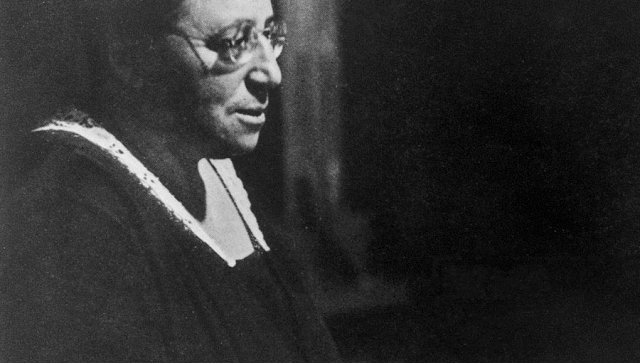
Who was Emmy Noether?

Perimeter's Strategic Plan for EDI

Pourquoi les femmes quittent le domaine de la physique
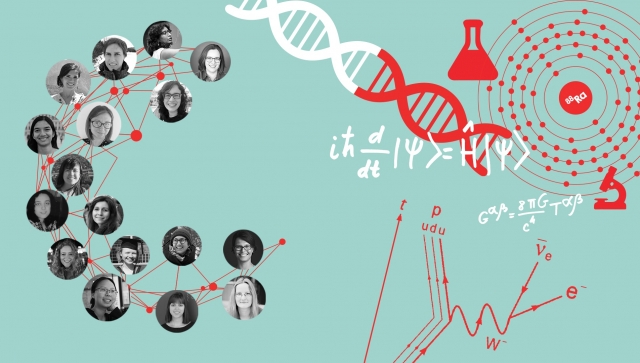
L’expérience des femmes dans le domaine de la physique
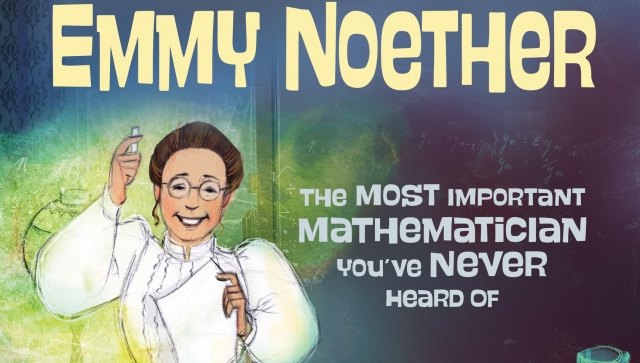
La mathématicienne la plus importante dont vous n’avez jamais entendu parler
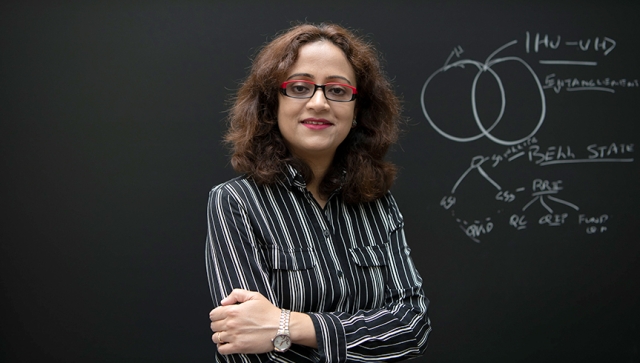
Sparks of discovery at the junction between theory and experiment
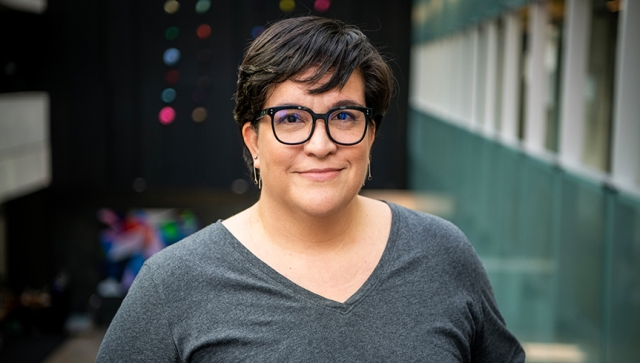
The universe before atoms
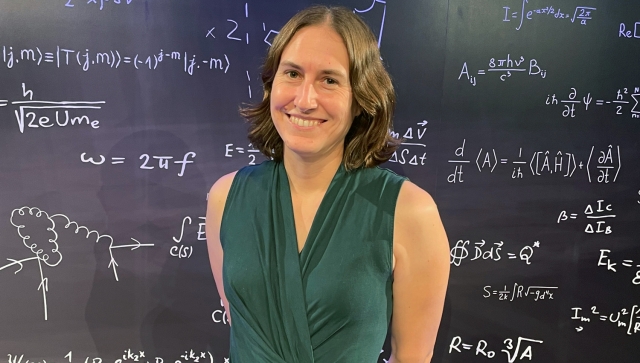
Podcast episode: Katie Mack on the end of it all – and new beginnings
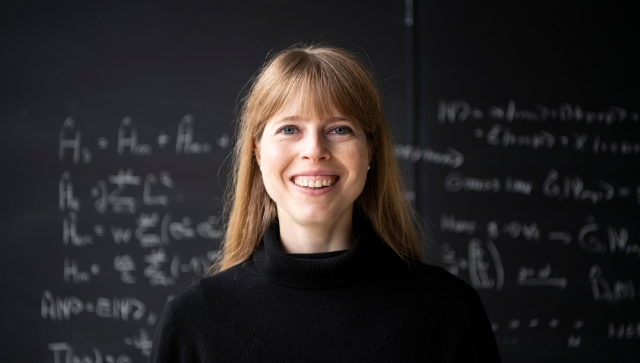
People of PI: Christine Muschik enjoys the best of both worlds
People of PI: Claudia de Rham, unstuck by gravity
